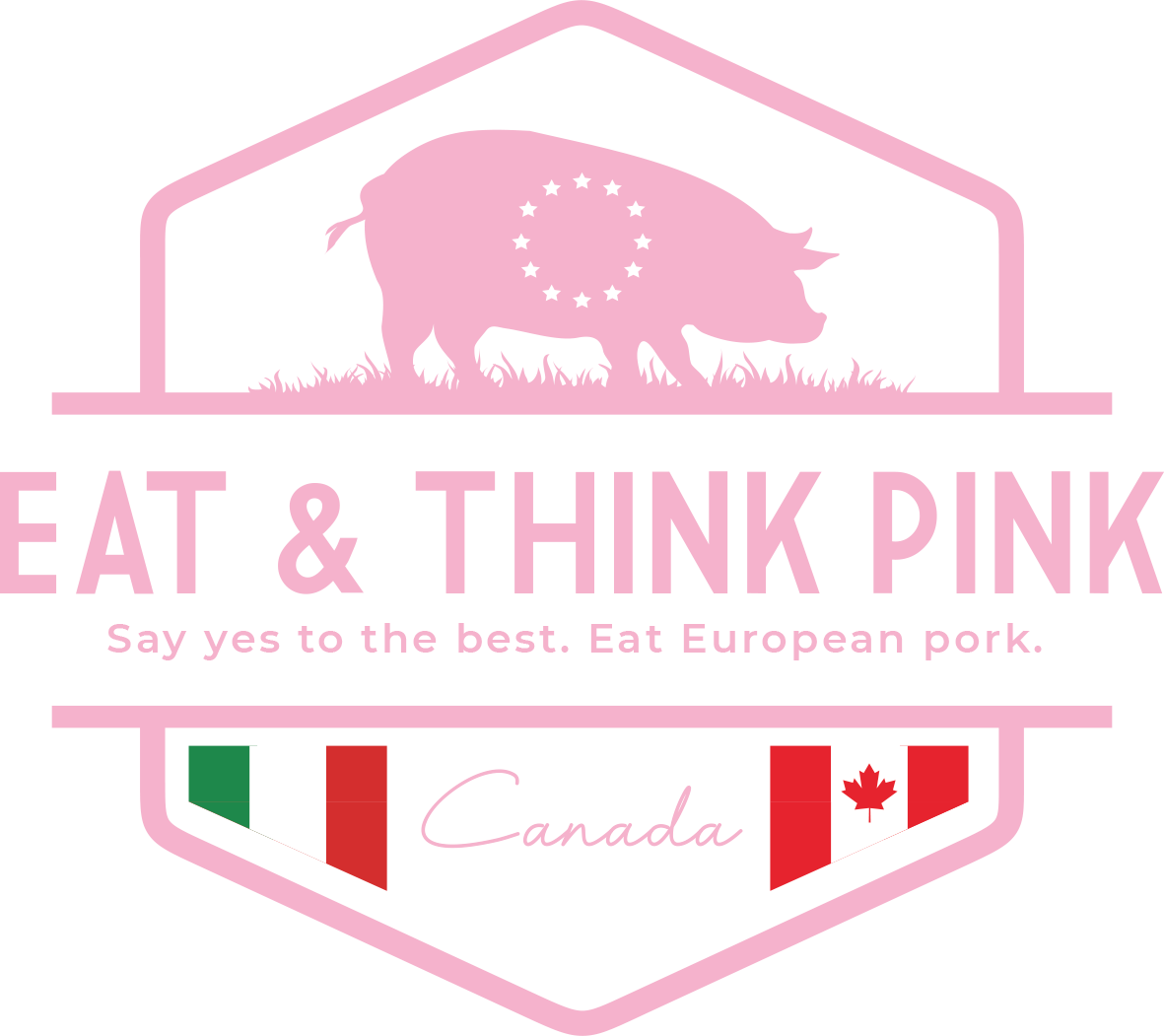The PROJECT
THE PROJECT “EAT&THINK PINK CANADA – SAY YES TO THE BEST, EAT EUROPEAN PIG MEAT” INTENDS TO RESPOND TO THE STRATEGIC OBJECTIVES SET BY THE COMMISSION UNDER REGULATION (EU) 1144/2014 AND WITH THE WORK PROGRAM 2022 FOR THE TOPIC AGRIP-SIMPLE-2022-TC- AMERICAS.
RECIPIENT GROUPS
TARGET COUNTRY IS CANADA. TARGET GROUPS ARE:
A) 1. OPERATORS IN THE FOOD SECTOR AND DISTRIBUTION, 2. JOURNALISTS, OPINION LEADERS, BLOGGERS. 3. CATERING OPERATORS, CHEFS AND YOUNG CHEFS.
B) CONSUMERS (AGED BETWEEN 18 AND 60 YEARS WITH SPECIFIC REFERENCE TO FOOD LOVERS).

O.P.A.S.
(Pig Breeders Product Organization)

What is O.P.A.S.
Is the largest pork meat product organization in Italy and represents 12% of Italian pig farming. OPAS raises heavy and intermediate pigs by planning and diversifying supply chains in favor of the demands of commercial distribution. It develops its business mainly in the slaughter and sale of pigs conferred by the members (who are obliged to confer at least 75% of their production according to Community legislation of product organizations). OPAS members come from Lombardy, Emilia-Romagna, Piedmont, Veneto and Marche, regions notoriously with a livestock vocation in Italy

THE OPAS CHAIN
By supply chain we mean the set of subjects (organization) and the related material flows (raw materials, additives, semifinished products, packaging materials) that contribute to the production, distribution, marketing, and supply of the product. The terminology of the supply chain therefore identifies all the activities and flows that have critical relevance for the characteristics of the product. This is how OPAS guarantees the final consumer a controlled food product from the earliest stages of the animal’s life.

MISSION & PRODUCT
The mission of OPAS is to create a product that meets the needs of customers who increasingly the organoleptic and nutritional qualities of fresh meat guaranteed. A stringent synergy was therefore developed between the final customer, processor, slaughterhouse, and farmer in order to enhance the production chain of pigs born, reared and slaughtered in Italy by fully applying an enhancement approach based on the integration of the supply chain “from the farm to the table “.
In 2021, for the second year, OPAS presented The Environmental Report focused along the lines of the Green Deal and sustainability: central and essential issues for the operation and development of its activities.
The environmental balance of OPAS focused on the consumption of raw materials, energy, water, pollutant emissions and the circular economy of waste. In summary, the results are:
In 2021 the consumption of plastic packaging was reduced by 12 tons compared to 2020. The consumption of paper, cardboard and wood on the other hand, increased, but they are 100% recyclable.
The energy consumed by OPAS comes from various sources: in particular, in addition to purchasing it from the managing body of the network, the company uses a high-efficiency gas cogeneration plant that almost completely covers the electricity and thermal energy needs of the company.
In 2021, 308,000 cubic meters of water were not withdrawn from quality groundwater and thus saved. That’s 50% of the requirement, or 619,471.93m3 of water. The remaining 50% comes from the public network.
Compared to 2020, the company eliminated the emission of 2,737 tons of C02 into the atmosphere by using the company generator and by compensating for emissions by planting over 500 trees as agreed with the municipality of Carpi.
OPAS produced 4,679 tons of waste of which 98% is recovered and only 2% is disposed of. This is in line with OPAS’s attention to the circular economy of waste and farsightedness towards the environment, in addition to stringent constraints to which a food company is subjected.
EU DIMENSION
According to the most recent Eurostat data, European pork production by 2030 should be around 48 million tons. The sector is therefore of great importance to the European Union (EU) and it represents a significant part of the value of EU agricultural production. Considering that internal meat consumption will continue to gradually reduce over the next few years, exports to third countries (especially to the Asian continent) will be essential.
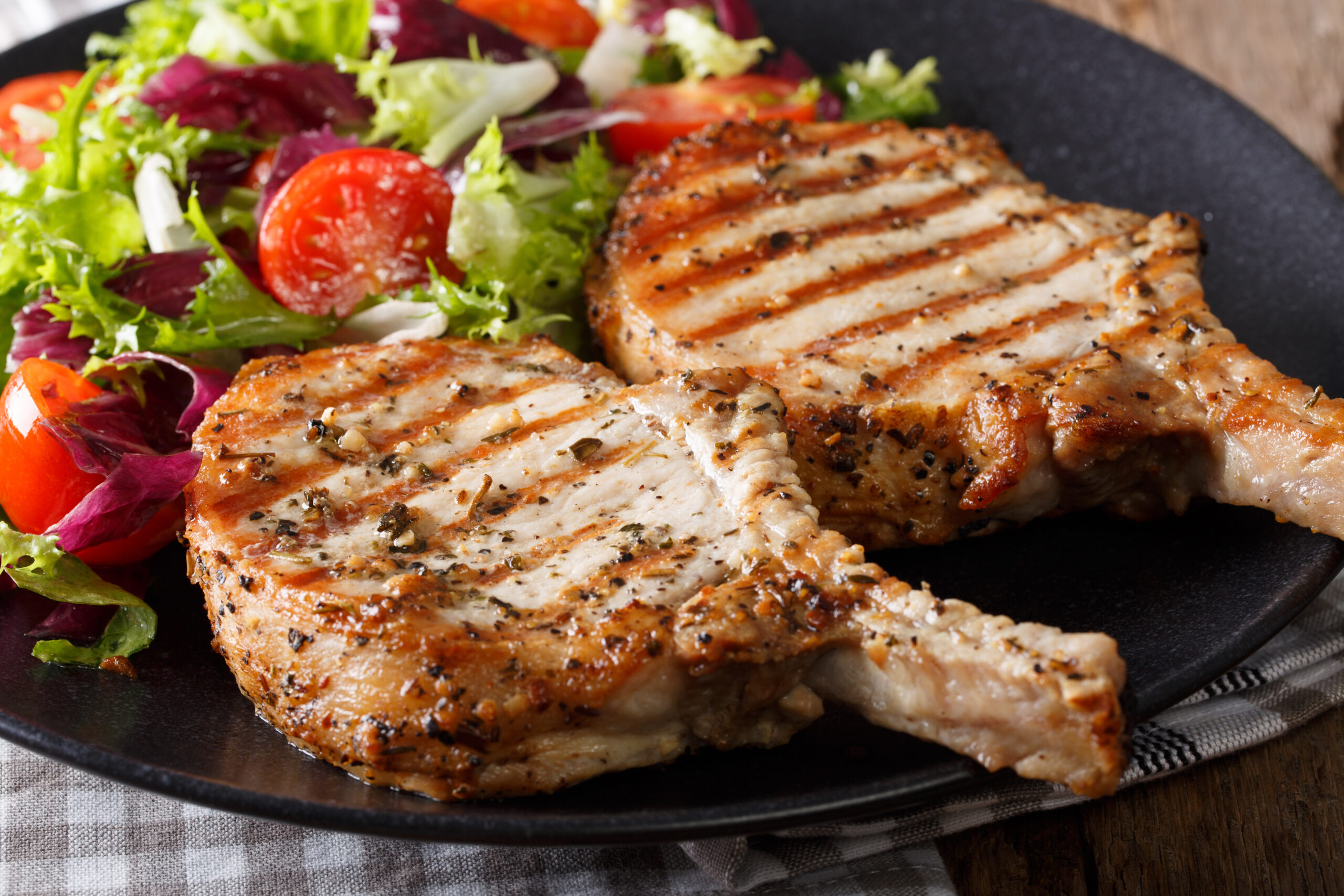
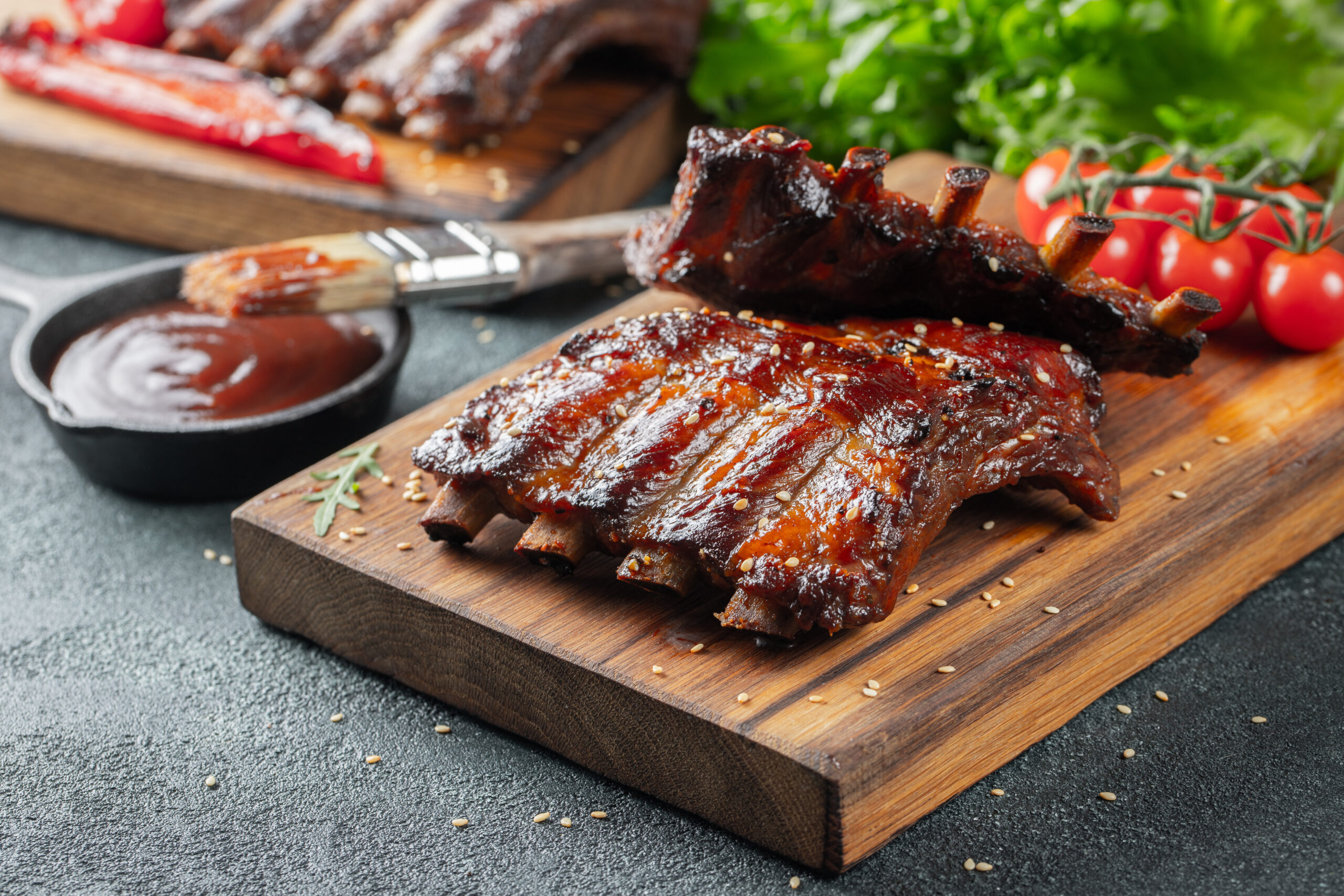
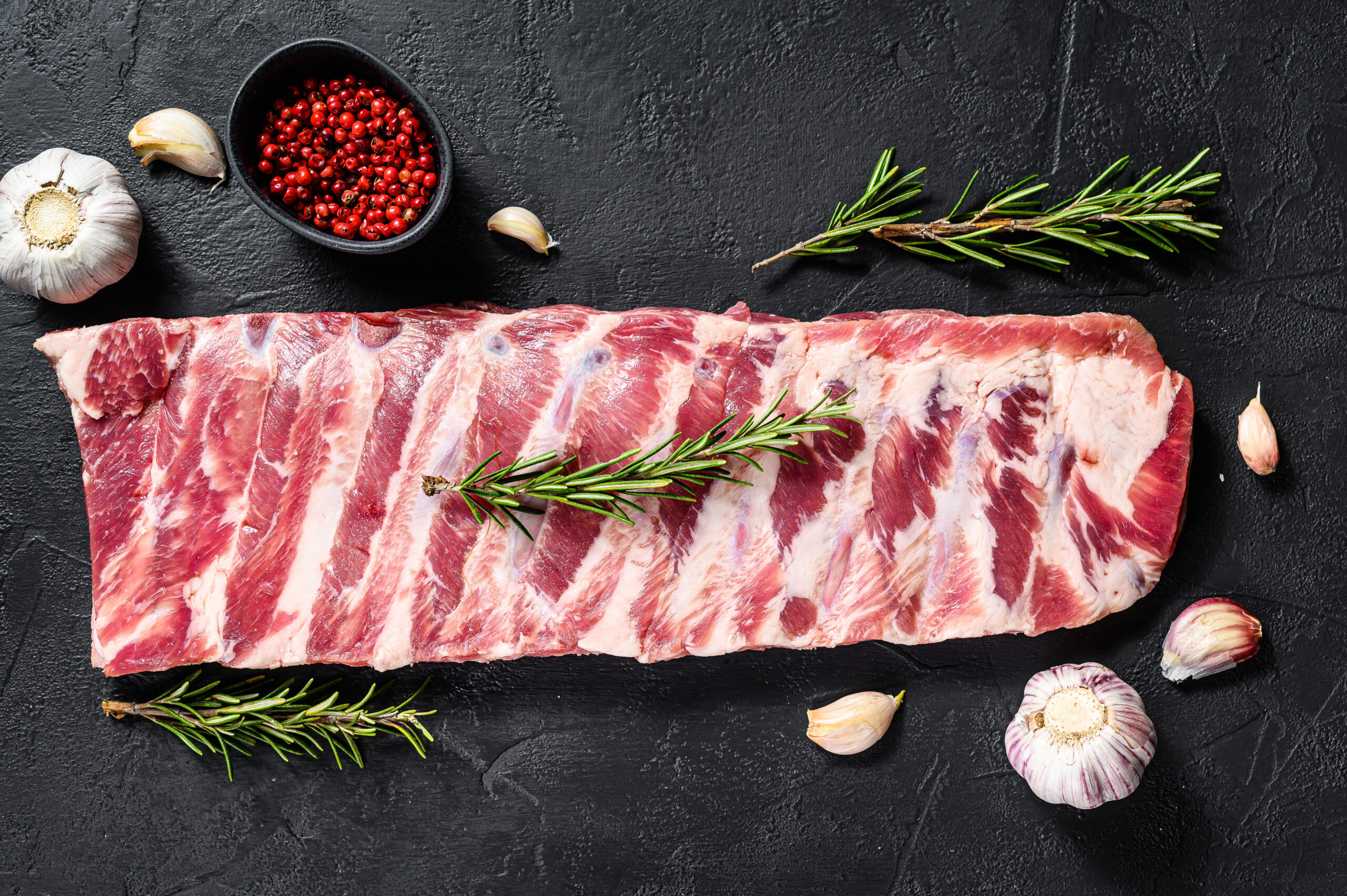
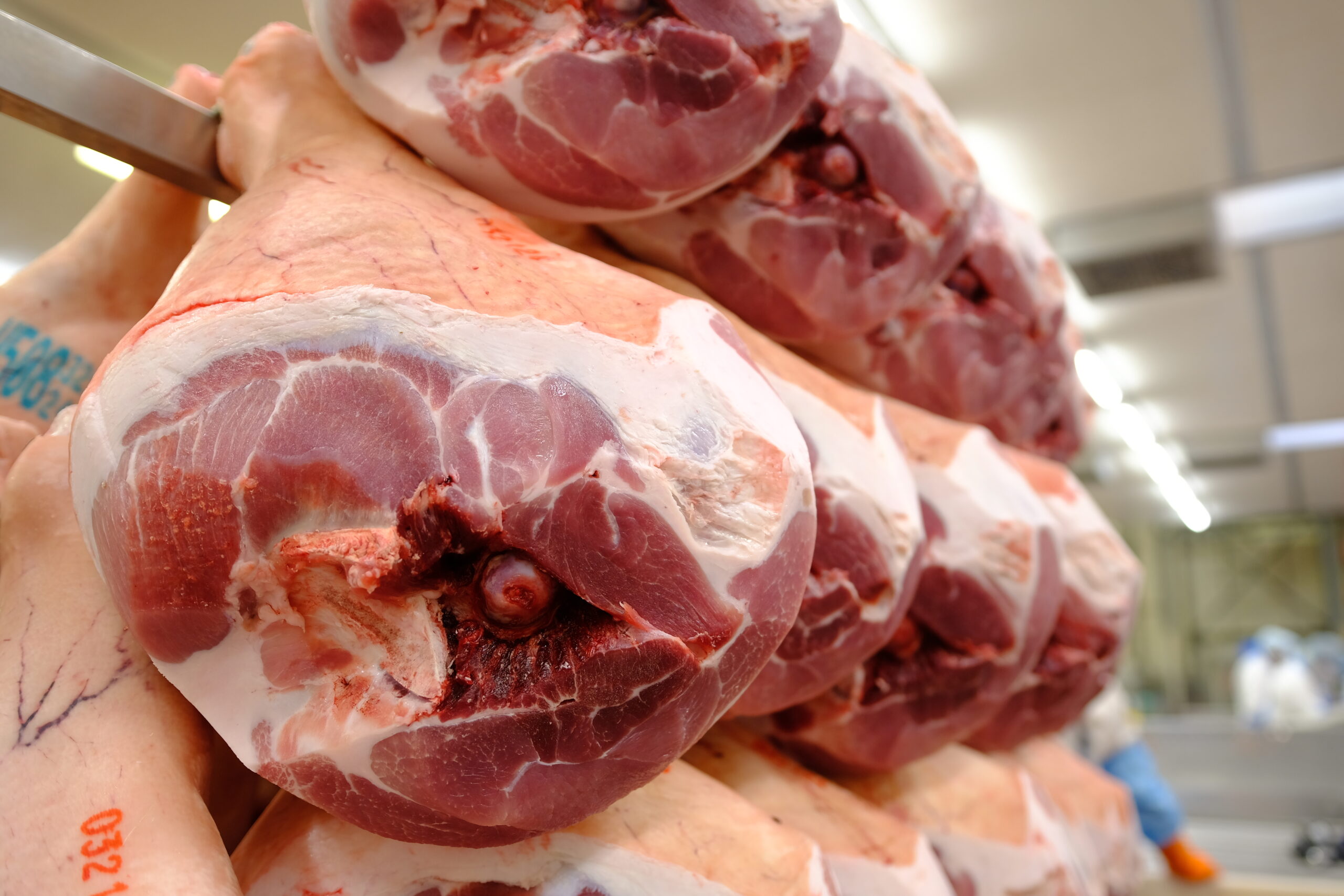

The content of this promotion campaign represents the views of the author only and is his/her sole responsibility. The European Commission and the Consumers, Health, Agriculture and Food Executive Agency (CHAFEA) do not accept any responsibility for any use that may be made of the information it contains.


